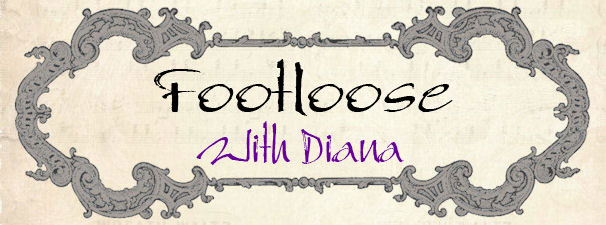According to tradition, this was the Biblical city of Ur, although archaeological evidence puts Ur in southern Iraq. It's been called Urfa or Riha for a very long time, and in 1984, the Turkish government renamed it Şanlıurfa, the "Şanlı" meaning "great" or "glorious," in recognition of the town's inhabitants' role in helping expel the French and English from Turkey in World War I. It's a pretty town, with an old castle brooding over all:
Its main draw, however, is a large city park which incorporates a large carp pool and a beautiful old mosque. According to the Koran, when the Sultan tossed the Biblical Abraham (born in Şanlıurfa and met his wife Sarah here, too) into a fire, the wood turned into carp and the fire into water so he was saved. The cave he was born in is now incorporated into a mosque in the park (Mevled-I Halil Camii). The park is full of people strolling, enjoying the evening cool, like Chapultapec in Mexico City. It’s long and narrow, lovely stone pathways lined with trees and sinuous channels from the carp pool running all through it, into the forecourt of the mosque even. Carp food sales are brisk and the fish are well fed.
The Mevled-I Halil Camii, the mosque, is quite beautiful:
Its main draw, however, is a large city park which incorporates a large carp pool and a beautiful old mosque. According to the Koran, when the Sultan tossed the Biblical Abraham (born in Şanlıurfa and met his wife Sarah here, too) into a fire, the wood turned into carp and the fire into water so he was saved. The cave he was born in is now incorporated into a mosque in the park (Mevled-I Halil Camii). The park is full of people strolling, enjoying the evening cool, like Chapultapec in Mexico City. It’s long and narrow, lovely stone pathways lined with trees and sinuous channels from the carp pool running all through it, into the forecourt of the mosque even. Carp food sales are brisk and the fish are well fed.
The Mevled-I Halil Camii, the mosque, is quite beautiful:











No comments:
Post a Comment